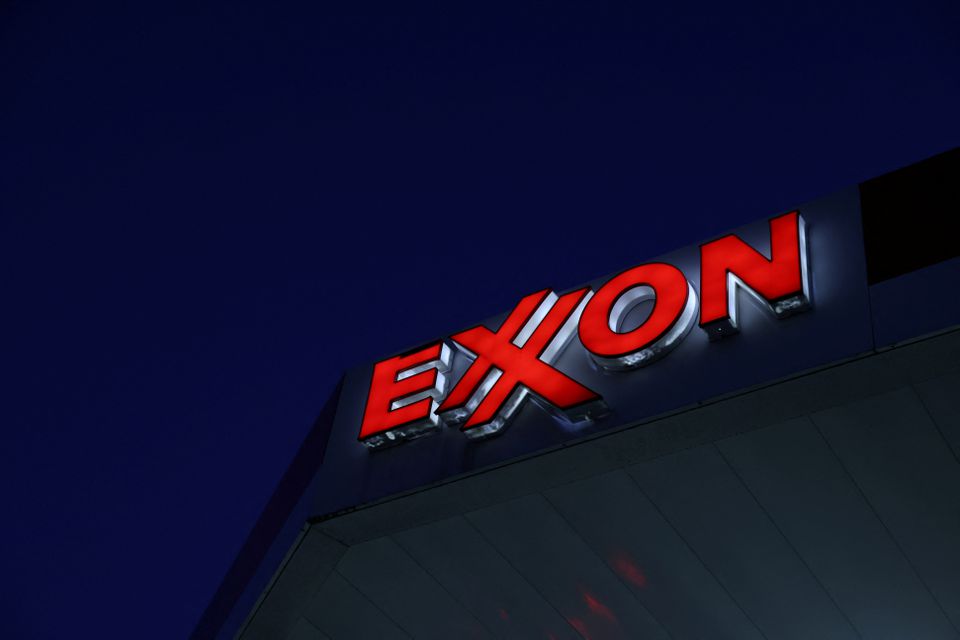
The acquisition, which sent both companies' shares lower, gives Exxon ready-made CO2 transportation and highlights its bets on making carbon capture a profitable business. U.S. tax credits for reducing planet-warming gases have set off a race to build carbon capture sites.
But wide-scale adoption of carbon sequestration remains uncertain because of the costs and technical challenges, which were reflected in the deal price. Exxon's all-stock offer valued Denbury at a 1.9% premium to its Wednesday closing stock price.
Denbury CEO Chris Kendall said in a statement that "significant capital and years of work" are required to fully develop its CO2 business, making deep-pocketed Exxon "the ideal partner with extensive resources and capabilities."
Plano, Texas-based Denbury is an oil and gas producer that owns and operates a 1,300 mile CO2 pipeline network in the U.S., including pipelines that span the Gulf Coast's petrochemical industry heartland, where Exxon has sought to build a carbon hub.
Jefferies analyst Sam Burwell estimated Exxon was paying $1.9 billion for Denbury's carbon capture infrastructure and $3 billion for its oil production.